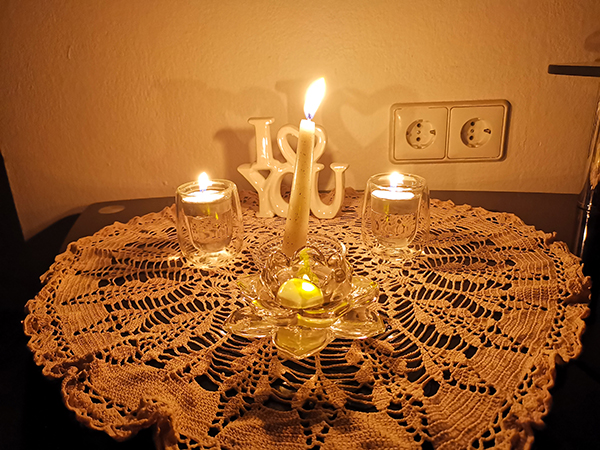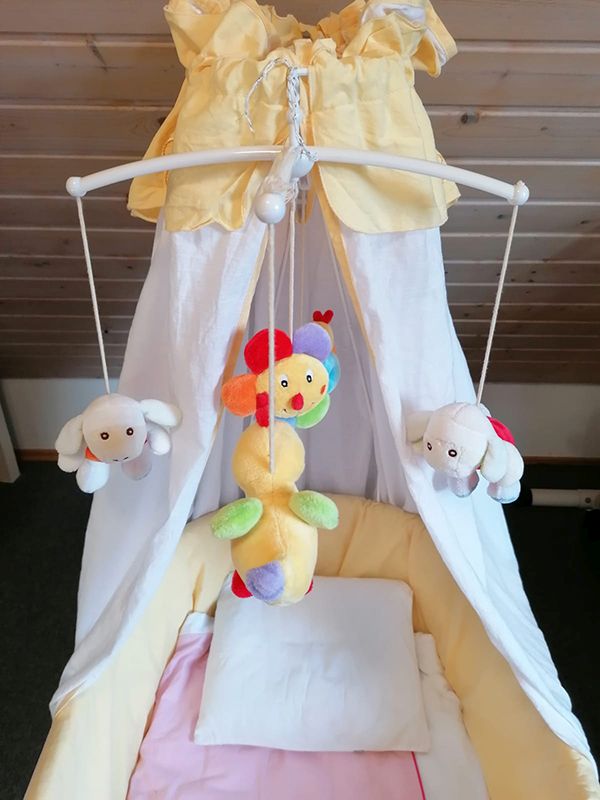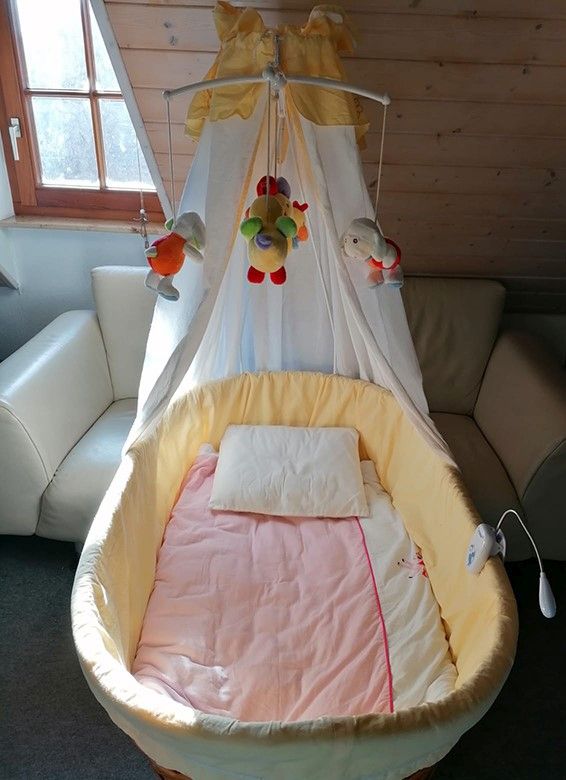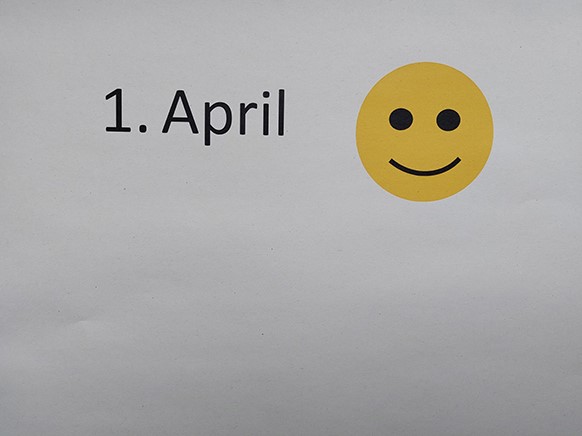By Youssef Kanjou
The German media is full of recommendations on how to save electricity and energy and paints grim scenarios of potential blackouts. Here, our Syrian editorial board member Youssef Kanjou recounts experiences during the war in Syria.
“Waking up in the morning without electricity and having to shave your beard, use a toothbrush or even comb your hair in complete darkness is an experience we lived through daily in Syria.
But necessity is the mother of invention, this is always true for Syrians when they are in trouble and need help. When the war came to Aleppo in 2011, the water and electricity networks were immediately damaged. People began to suffer greatly from the frequent and long outages. Therefore, they had to find a way to save electricity and water and then use them when needed. Therefore, the LED market immediately boomed and LED shops were ubiquitous.
When the power went out, people initially used mini-chargers that were charged with electricity and could then be used for light for a short time. However, this method does not help for longer power outages. People also used candles for night lighting, but there was such a heavy use of candles in homes that their price went up and soon they were no longer available. Also, there was no more internet or television for people to enjoy at night and in their free time. Therefore, the only thought now was how to still get electricity.
During working hours, colleagues exchanged among themselves their methods for saving energy and lighting at night. I particularly remember a strange method: as a candle substitute, you take a small cup with lentils and oil and put a piece of cotton in the middle, which you light: you have a candle substitute. It was a great invention, very cheap and long-lasting.
But households needed lighting for longer periods, so they tried another method: two old car batteries were connected to power cables to charge them when there was electricity. When there was a power cut, they then gave light via LED lights. However, this method was not very practical and had frequent failures.
A traditional method was to use small generators, but few people had them. But the noise was very annoying and you needed petrol, which was hardly available and very expensive.
As the war went on and on, people developed a new way of getting electricity through large generators placed in every alley. People cooperated with the owner of a big generator to buy one or more amplifiers. Households were thus supplied with electricity mostly at night. The amplifiers could be used to run lights, televisions and washing machines in the houses. The devices were called ‘amps’ because each household could buy one to three amps of electricity. This method is still used today in Aleppo.
Nowadays, some people rely on solar energy, which has become a good power supply because most days of the year are sunny. In general, people in Aleppo use only energy-saving light bulbs at the moment.
When we Syrians hear about energy problems in Germany now because of the war in Ukraine, we are not very surprised because we have experience with such situations. The electricity was off for over a month and in the eastern part of Aleppo even for several years. So we have adapted strongly to life in such conditions.”
tun22091308
Strom sparen und ersetzen auf syrische Art. Foto: tünews INTERNATIONAL / Youssef Kanjou.




